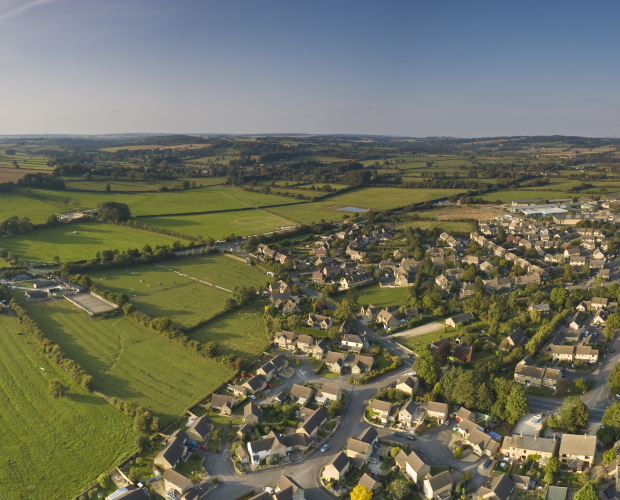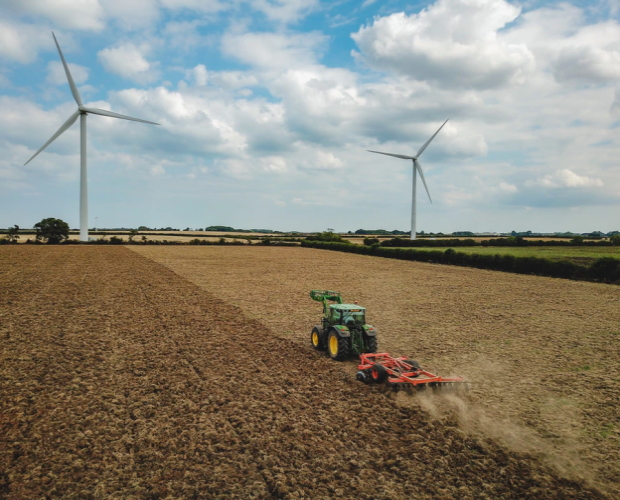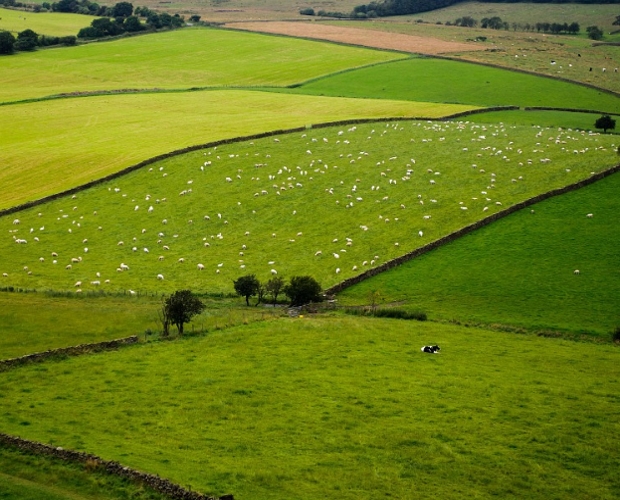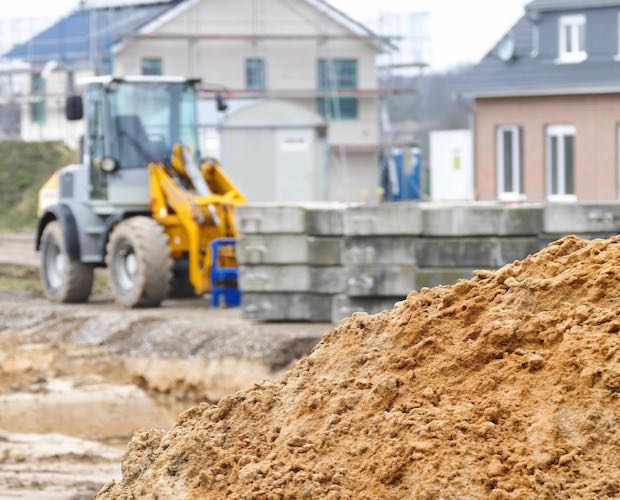T: 01822 851370 E: [email protected]
Visit RSN Survey about life in rural England to find out more.
The Telegraph reports that a survey commissioned by Country Land and Business Association found that laborious planning rules are losing the Conservative Party support in rural areas Around 12 million voters live in the countryside and England’s rural areas accounting...
The Telegraph reports that the Government has ignored rural homeowners concerns over plans of new energy infrastructure The long-awaited energy strategy includes a push to build eight new nuclear reactors by 2050, carpet an area larger than Exmoor with solar...
Farmers Weekly reports that the Country Land and Business Association (CLA) has called for the Government to overhaul its approach to tackling the housing crisis in rural communities Homes are becoming increasingly unaffordable to locals, while the rigid planning system...
Date: 30th March 2022 Subject: Rural Planning Chair: Kerry Booth, Deputy Chief Executive, Rural Services Network - To download the Agenda for this seminar click here - To view the introduction from the RSN click here - To download the...
The Guardian reports that Boris Johnson is expected to open the door to more onshore wind in the forthcoming energy strategy, despite some cabinet ministers lobbying against relaxing planning laws to allow more turbines The cabinet is split over whether...
Planning reports that the Government has awarded twenty-five areas across England a share of £3 million as part of the Government’s Design Code Pathfinder Programme to help draw up local design codes. The programme aims to help shape new neighbourhoods,...
The Daily Mail reports ministers are discussing relaxation of planning rules for onshore wind farms, despite warnings it will spark a rural backlash. Applications to install onshore wind farms in England have slumped by 96 per cent since the...
Property Reporter reports that the Country Land and Business Association, which represents 28,000 rural businesses and landowners in England and Wales, has called on the Government to overhaul its approach to housing in rural communities The call comes after Levelling...
The CPRE last week held an event launching their latest report Recycling our land – State of Brownfield 2021 The event was chaired by Emma Bridgewater, CPRE President and featured Chris Pincher MP, Housing MInsiter, Ruth Cadbury MP, Rose Grayston...
The Metro reports that according to the Campaign for Rural England (CPRE), nearly 21,000 brownfield sites of different sizes are registered on local authority databases in England, with the capacity for 1,061,346 new homes and 53% already having planning permission...
NEWSLETTER
Sign up to receive all our latest news and updates.
HOT TOPICS
Amid reduced public spending, fair resource allocation across regions is crucial. Despite a population larger than Greater London, rural areas receive significantly less funding for essential services, even though delivering these services in rural areas is more expensive.
Economic growth is widely acknowledged as essential for national wealth and prosperity and is a priority for political parties. Rural economies, employing millions and home to a higher proportion of small businesses, have potential for growth if barriers are removed.
Rural residents face distinct healthcare challenges, including limited access to transport, longer distances to medical facilities, an aging demographic, housing inadequacies, digital connectivity gaps, and difficulties recruiting health and care workers.
Rural communities are grappling with a severe affordable housing crisis, marked by high house prices, a lack of affordable housing, elevated living costs, and lower incomes, threatening their sustainability and vitality.
Transport is vital for the quality of life and economic health of rural areas, yet it faces challenges such as infrequent public bus services and less Government funding compared to urban regions.
Rural areas, encompassing a substantial portion of England's population and land, play a pivotal role in combating climate change and achieving the net zero target.
In an increasingly digital world, the lack of robust digital infrastructure in rural areas severely limits access to crucial services and stifles economic growth.
A future-focused vision for rural communities involves not just building the right homes in the right places but also ensuring thriving, sustainable communities.
SIGN UP TO OUR NEWSLETTER
Sign up to our newsletter to receive all the latest news and updates.










